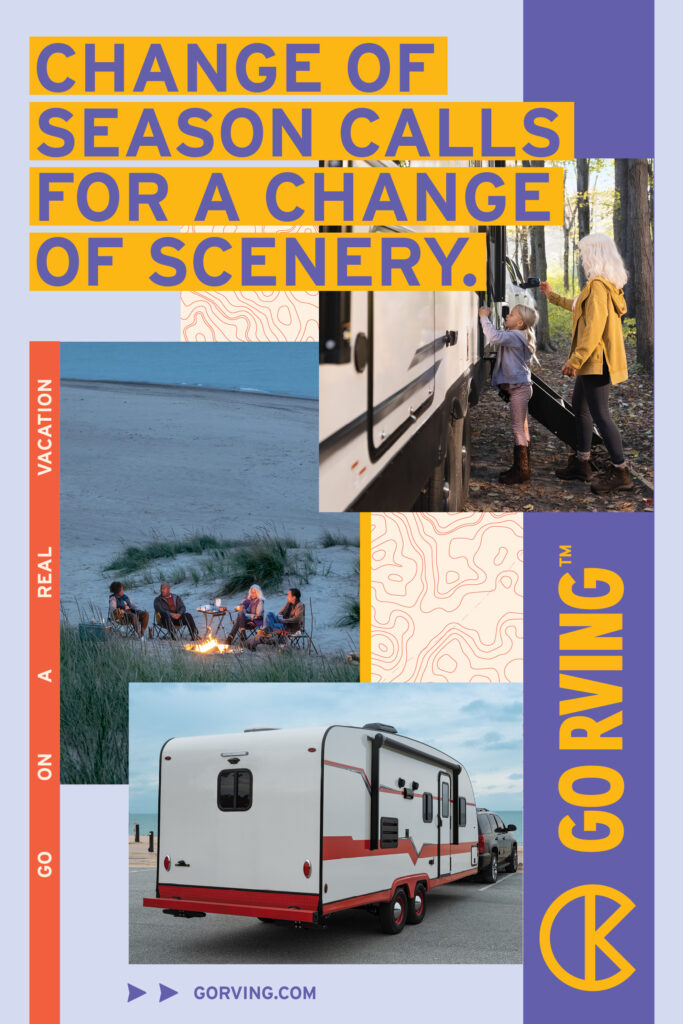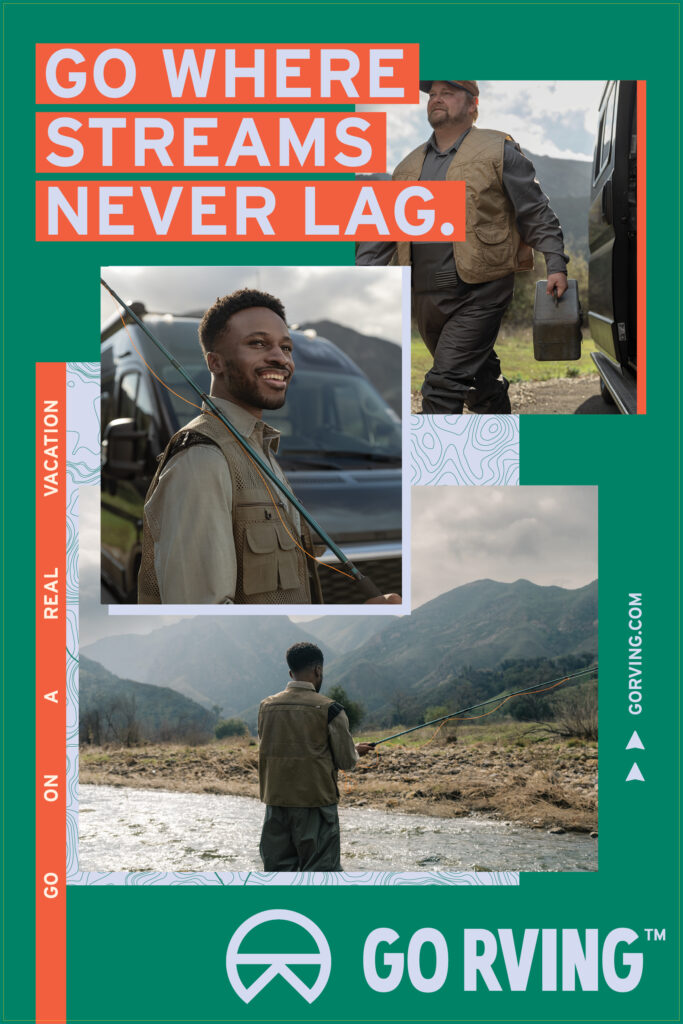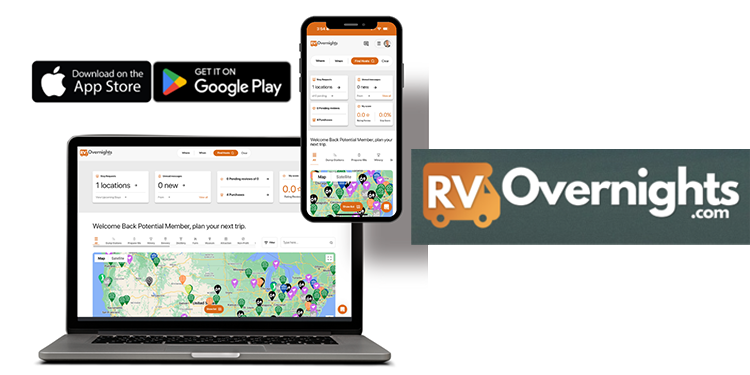As ‘Cookies’ Go Away, Go RVing Works on Digital Strategy
 The internet marketing landscape is changing in a big way and Go RVing, the RV industry’s marketing arm, is working proactively to stay ahead of the curve.
The internet marketing landscape is changing in a big way and Go RVing, the RV industry’s marketing arm, is working proactively to stay ahead of the curve.
The challenge for marketers, including Go RVing, is that — in response to consumer privacy concerns — internet search engines are scheduled to phase out internet search digital “cookies” sometime in 2024.
Marketers have historically relied on cookies, which, among other things, would track the websites a user would visit in order to target those people with specific marketing. For example, Go RVing could previously target people who visited travel websites as being good candidates for marketing about RVs.
In that case — and without getting too down in the weeds — Go RVing used third-party cookies because it does not own the travel sites. Those web domains are operated by third parties, which comes into play a little later.
Without the cookies, digital marketers are having to come up with new methods to target specific audiences. Indeed, the loss of cookies “has ramifications across the advertising world for all customers,” said Courtney Bias, director of strategic marketing at Go RVing.
“From a Go RVing standpoint,” she told RVBusiness, “our member promise was to be a data-driven advertiser and to do everything that we can to future-proof this industry. So, we really started talking in 2021 about this idea of a cookie-free future and how do we make sure that we still have advertising running and that we’re reaching the right audiences. We knew we needed to be proactive.”
 One way Go RVing did that was to partner in November 2021 with the data firm Acxiom on a technology called rTag, which allows it to collect its own first-party data – not third-party — from people who visit or interact with Go RVing digital properties, according to Kirk Smith with UM, a Go RVing advertising partner.
One way Go RVing did that was to partner in November 2021 with the data firm Acxiom on a technology called rTag, which allows it to collect its own first-party data – not third-party — from people who visit or interact with Go RVing digital properties, according to Kirk Smith with UM, a Go RVing advertising partner.
That was Phase I of Go RVing’s response to the demise of cookies.
Phase II
Now, Go RVing is moving forward with the next step in its digital marketing plan with the launch of the Consumer Data Platform (CDP), which is the system that will house, collect and manage all of the information collected by rTag, according to Smith.
Go RVing expects the CDP will officially launch the second week in June, just in time for the Go RVing Coalition meeting during the RVs Move America conference in Washington, D.C.
“And what the CDP will do is help (Go RVing’s) marketing strategy just continue to get more intelligent, more prescribed in terms of audience definitions that are based on actual interactions with actual people and actual devices to build on these,” Smith said. “Ultimately, there is a lot of customization that can be done.”
For example, Bias said the goal is that ultimately CDP will allow Go RVing to launch customized digital ads, customized leads and customized content based on previous visits to Go RVing properties.
“The idea is that if someone comes to a Go RVing website and they’re searching about travel trailers, the next time they come back, they’re going be served videos that are travel trailer-related, they are going to be served “how-to” or “inspirational” or information about buying a travel trailer … and really pulling people through that Path to Purchase journey.”
It will take time to implement all facets of CDP, Bias said, but added that she believes the rewards will be worth it.
“I think we are going to continue to become more and more effective with each of our members’ dollars that we spend on advertising when we have this up and running,” she added. “And I think what should occur over time is improved marketing and media spend that will continue to drive efficiency and effectiveness in targeting to the most lucrative consumers for the RV industry.”
Source: https://rvbusiness.com/with-cookies-crumbling-go-rving-works-on-digital-strategy/







